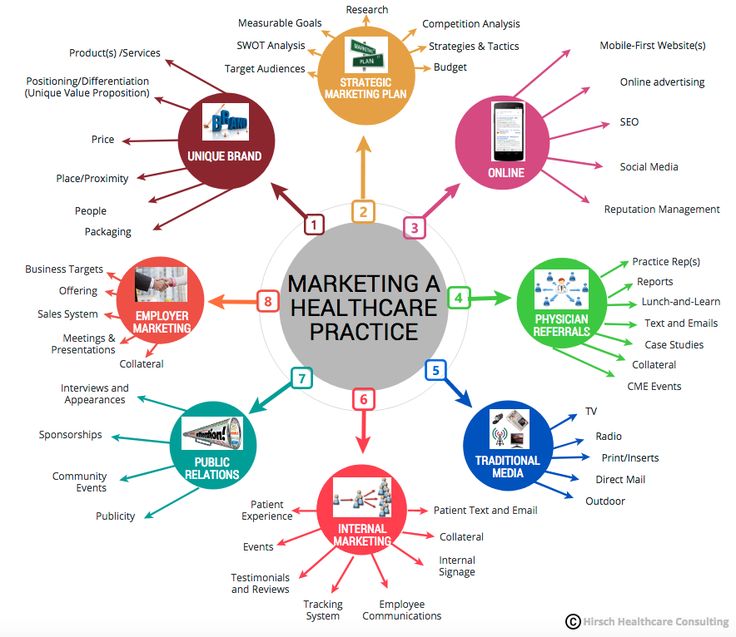
From Data to Decisions: Leveraging CRM Analytics for Business Growth
In today’s data-driven business landscape, the ability to transform data into actionable insights is crucial for growth and success. Customer Relationship Management (CRM) analytics plays a pivotal role in this process by providing businesses with the tools they need to analyze customer data, identify trends, and make informed decisions. This article explores how leveraging CRM analytics can drive business growth and enhance customer relationships.
1. Understanding CRM Analytics
CRM analytics refers to the systematic analysis of data collected through CRM systems to gain insights into customer behavior and business performance. This involves using various analytical tools and techniques to process and interpret data, transforming it into meaningful information that can guide strategic decisions.
2. Enhancing Customer Understanding
One of the primary benefits of CRM analytics is the ability to gain a deeper understanding of your customers. By analyzing data such as purchase history, interaction patterns, and demographic information, businesses can create detailed customer profiles. These profiles help in identifying customer preferences, behaviors, and needs, enabling personalized marketing and improved customer service.
For instance, CRM analytics can reveal which products or services are most popular among different customer segments, allowing businesses to tailor their offerings and marketing efforts to meet specific customer demands.
3. Improving Sales Performance
CRM analytics provides valuable insights that can boost sales performance. By analyzing sales data, businesses can identify high-potential leads, track sales pipeline progress, and understand the factors that contribute to successful deals. This information helps sales teams focus their efforts on the most promising opportunities and refine their sales strategies.
Moreover, predictive analytics, a subset of CRM analytics, can forecast future sales trends based on historical data. This allows sales managers to set realistic targets, allocate resources effectively, and anticipate market changes, ultimately driving revenue growth.
4. Optimizing Marketing Campaigns
Marketing effectiveness is significantly enhanced through CRM analytics. By tracking the performance of marketing campaigns, businesses can determine which strategies are most effective in reaching and engaging their target audience. Metrics such as click-through rates, conversion rates, and customer acquisition costs provide insights into campaign success.
CRM analytics also enables segmentation and targeting, allowing businesses to deliver personalized marketing messages to specific customer groups. This targeted approach increases the relevance of marketing efforts, improving engagement and conversion rates.
5. Enhancing Customer Retention
Customer retention is a critical component of business growth, and CRM analytics plays a vital role in identifying and addressing churn risks. By analyzing customer behavior and feedback, businesses can detect early signs of dissatisfaction and take proactive measures to retain customers.
For example, CRM analytics can highlight customers who have reduced their purchasing frequency or engagement levels. Businesses can then reach out with personalized offers or support to re-engage these customers, thereby reducing churn and increasing loyalty.
6. Streamlining Operations
Operational efficiency is another area where CRM analytics can make a significant impact. By analyzing workflow and performance data, businesses can identify bottlenecks and inefficiencies in their processes. This information allows for the optimization of operations, reducing costs, and improving productivity.
For instance, CRM analytics can reveal patterns in customer service interactions, helping businesses streamline support processes and allocate resources more effectively. This leads to faster resolution times and higher customer satisfaction.
7. Data-Driven Decision Making
The ultimate goal of CRM analytics is to enable data-driven decision making. By providing a comprehensive view of business performance and customer interactions, CRM analytics equips decision-makers with the information they need to make informed choices.
Interactive dashboards and real-time reporting tools allow businesses to monitor key performance indicators (KPIs) and track progress toward goals. This visibility ensures that decisions are based on accurate and up-to-date information, reducing the risk of errors and improving overall business outcomes.
8. Future Trends in CRM Analytics
As technology continues to evolve, the capabilities of CRM analytics are expanding. Advanced technologies such as Artificial Intelligence (AI) and Machine Learning (ML) are increasingly being integrated into CRM systems, providing even deeper insights and predictive capabilities.
AI-driven analytics can automate complex data analysis tasks, uncover hidden patterns, and generate actionable recommendations. This enhances the ability of businesses to anticipate customer needs, personalize interactions, and optimize strategies for growth.
Conclusion
Leveraging CRM analytics is essential for businesses looking to thrive in a competitive market. By transforming data into actionable insights, CRM analytics helps businesses understand their customers, improve sales performance, optimize marketing efforts, enhance customer retention, streamline operations, and make informed decisions. As CRM technologies continue to advance, the potential for data-driven growth will only increase, making CRM analytics an indispensable tool for business success.

